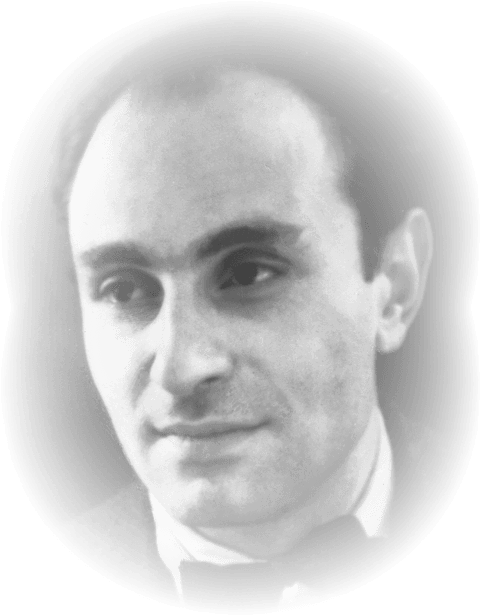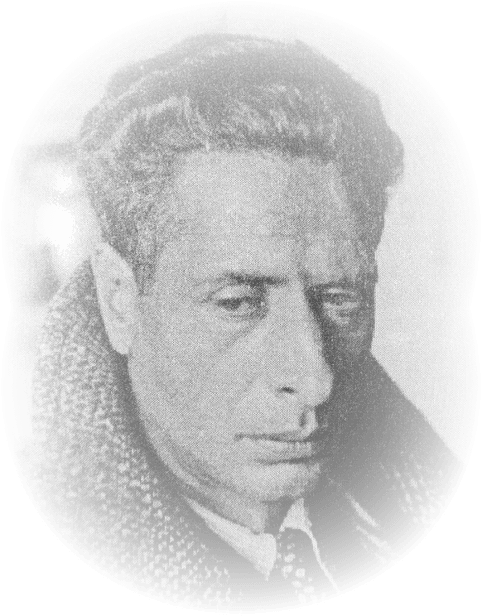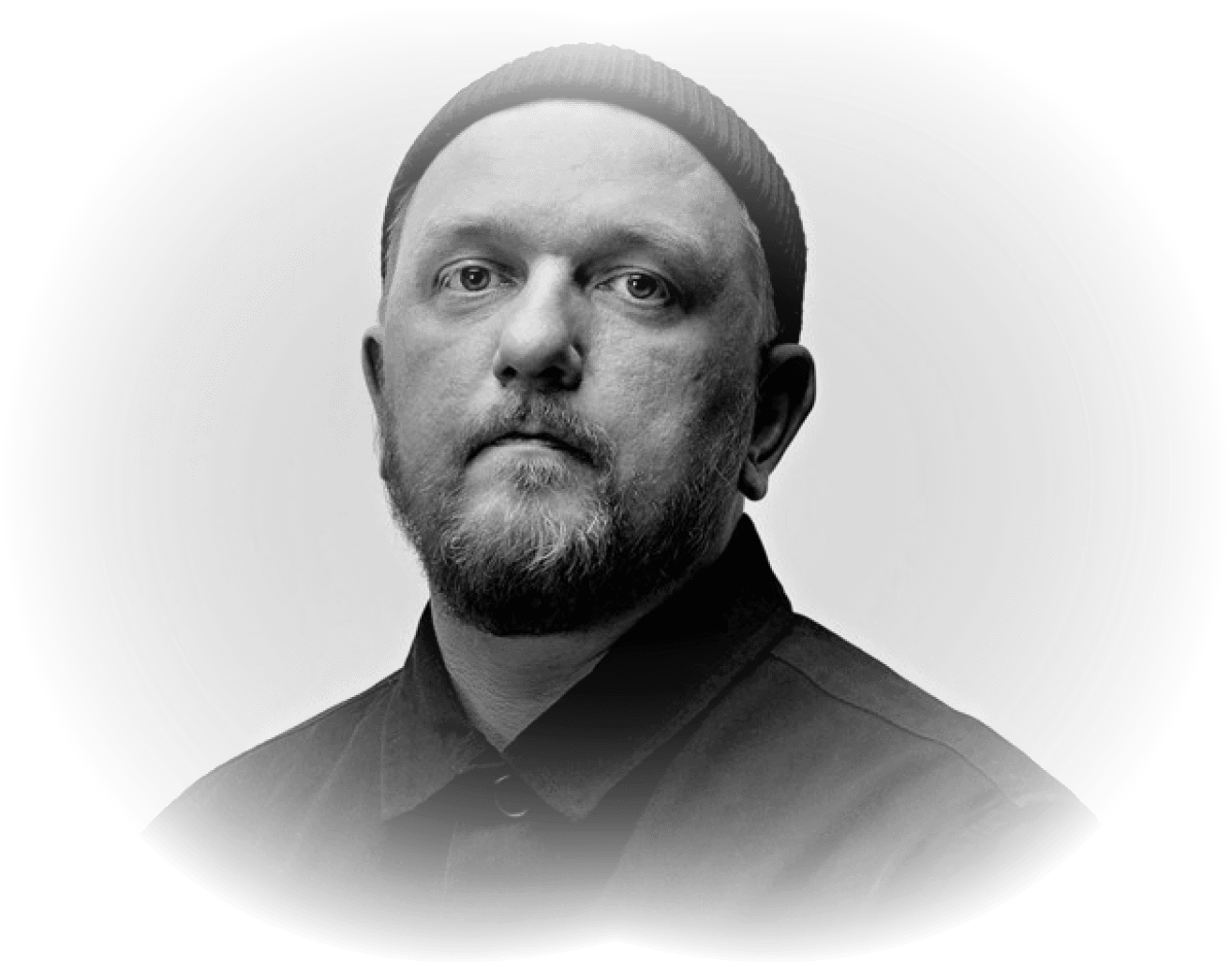
One could put an equal sign between Russian poetry and the surname Mandelstam*. So when Yuri Mandelstam, who found himself in exile as a boy, graduated from a school in Paris and published his first poetry collection as a Sorbonne philology alumnus, Russian literary Paris responded:
*Osip Mandelstam, one of the greatest Russian poets
Yuri Mandelstam is a versemaker. He should have chosen a pen name, and it is not too late to do so. Otherwise, every time Mandelstam’s poems are mentioned, they will — as they do now — add, “just, you know, the other Mandelstam,” or even “the fake Mandelstam.” (poet and critic Georgy Adamovich)
But Yuri Mandelstam decided not to take a pen name. At one of the literary evenings, he meets Ludmila, the eldest daughter of the composer Igor Stravinsky, and they have a daughter, Kitty. Soon, Ludmila was diagnosed with tuberculosis, an incurable and fatal disease back then. No one could save his wife. Little Kitty fell ill next, and her grandfather took her to Switzerland for treatment, which was considered to have the best sanatoriums for lung patients. Kitty never saw her father again.
The world in which he lived was destroyed, and he turned from a person into a pariah. (poet and critic Yuri Terapiano)
Born into a Jewish family, Yuri Mandelstam converted to Orthodox Christianity before marriage. He spoke fluent French and German, so when the Nazis came to Paris, he had a chance to escape the tragic Jewish fate. But as soon as the order was issued for all Jews to wear the yellow star and register, he put it on and registered. In February 1942, a curfew was imposed in Paris: Jews were not allowed to go out after 8 p.m. To pass the time in the evenings, Yuri Mandelstam would go up from the first floor to the fourth floor to his friend, the poet Igor Voinov. During one of these outings, an inspection came and found him absent. In the morning, Mandelstam was arrested and sent to the Auschwitz death camp. Yuri Mandelstam died in the gas chamber at the age of thirty-five:
...There’s no more love and inspiration,
All that remains is integrity and diligence.
And so — I look with fear into the unknown,
And I see darkness (I used to think it was light).

Vadim Andreev’s father was so well known in Russia that when Vadim received his first passport, it said son of writer Leonid Andreev in the occupation field. Not willing to accept the 1917 revolution, the Andreevs left for Finland, where they ended up as emigrants without crossing any borders. Finland became a limitrophe state — in other words, an independent country that had previously been a province of the Russian Empire.
A year later, Leonid Andreev died of heart paralysis. The son left home — his father no longer there — and enlisted in General Miller’s army to fight the Bolsheviks:
On the day of my departure, I climbed up the leaning tower of our house. With a penknife on the soft lead of the roof, I scratched out the date of my departure — October 12, 1920; a year and a month had passed since my father’s death. (Vadim Andreev, The Story of a Journey)
Vadim Andreev learned about the defeat of General Wrangel’s army in Crimea from Marseilles and left for the Caucasus to fight the Reds as part of the Kuban People’s Republic army. But defeat awaited him there as well — followed by Constantinople, a refugee camp, starvation, a Russian lyceum, peddling on the street. That was the first year of wandering.
An encounter in Sofia with Professor Thomas Whittemore, a renowned Byzantine expert and director of the Committee for the Education of Russian Youth in Exile, gave Andreev a new lease on life. Twenty-year-old Andreev burst into Whittemore’s hotel room and, having impressed the professor, received a scholarship to study at the University of Berlin.
For several years in the early 1920s, Berlin was the center of Russian life in emigration. Postwar democracy and the low exchange rate of the German mark attracted both young and old writers. Andreev was already on friendly terms with the younger ones, such as Alexander Ginger, Anna Prismanova, and Bronislaw Sosinski. He also had the chance to meet some well-established writers: Vladimir Mayakovsky, Andrei Bely, Ilya Ehrenburg, and Viktor Shklovsky. But life in Germany started to become disastrously expensive, and in 1924 students from Russia were transferred to study in Paris.
Besides studying and writing, the young poet worked at the Renault factory and was a linotyper and a projectionist. And he longed to return to Russia, unsuccessfully sending requests for the reinstatement of his Soviet citizenship. During the occupation of France, Vadim Andreev became a member of the French Resistance. In 1944, he was arrested and sent to a military prison in Boyardville. Miraculously, the Germans exchanged him for their prisoners instead of executing him.
After the war, Vadim was eager to return home — he was saved by a letter from his younger brother Daniel, ...come as soon as Olechka graduates from Sorbonne. Vadim’s daughter Olechka was a schoolgirl at the time.
A year later, Daniil Andreev, his wife, and his immediate family were arrested and sentenced to 10 years in prison. As for Vadim Andreev, he finally received a Soviet passport but moved with his family to the US. After Stalin’s death, he visited the Soviet Union and met with his released brother — they had not seen each other for forty years! His brother convinced him never to return home.
Vadim Andreev lived in New York and worked for the UN — this gave him and his daughter Olga the opportunity to get the microfilms of Alexander Solzhenitsyn’s manuscripts out of the Soviet Union. Andreev died in Geneva in 1976.
Naum Bleek|Naum-Bleek

I do not know what time it is, what year it is.
Night darkness, silence floats and grows.
At night, like watchmen, the clock strikes,
Like howling winds, the hours are flying high.
But I forgot what time it is, what year it is.
The icy heart, the silent darkness grows and floats.
The heart is ice, the heart is hot, the heart’s idea:
Your love is flowing, growing every year.
And I’m asleep, my body burns, my body waits,
And you again, year after year.
And pain again, and sleep, and your love’s light,
Your eyebrows, hair, your eyes delight.
I crave your love like happiness, like morning.
And every time your love is hot, your love is ice.
And sleep escapes, but all day long I’m holding
Your love and heat, and ice, and sleep, and light.
***
The verb «to see» is conjugated here:
I see, I saw, I’ve seen.
The world outside the window is just as drear
The same night can be seen.
The spinning, greenish eye —
A star is floating.
Oh, Earth, even this time
Your name will not be spoken.
The same night still, and we can feel
The peace descending.
The heavy eyelids wrought in steel,
My chant’s unending.
The verb «to see» is conjugated here:
I see, I saw, I’ve seen.
I’ve seen it all, but persevere
Through endless, pointless dreams.